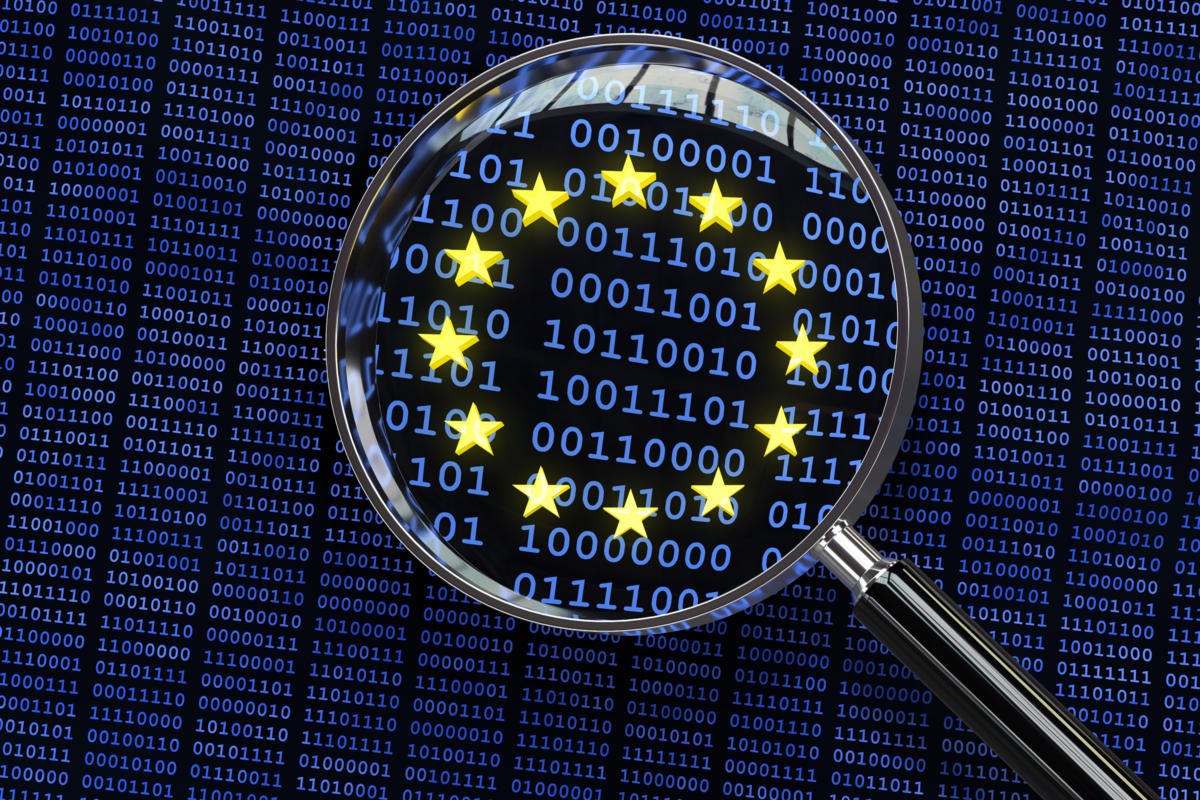Intel’s legal battle against a $1.2 billion antitrust fine from the European Union (EU) received a significant boost when a top court advisor in Europe identified errors in the EU regulators’ economic analysis. The dispute dates back to 2009 when the European Commission penalized Intel for allegedly trying to hinder a competitor, Advanced Micro Devices, by offering rebates to Dell, Hewlett-Packard, NEC, and Lenovo to favor Intel’s chips. This case is part of a broader trend of increased antitrust actions in Europe targeting technology companies. Regulators often challenge rebates from major companies due to their potential to limit competition. However, companies argue that authorities should demonstrate how these discounts are anti-competitive before imposing sanctions. In 2022, a lower court overturned the fine, leading the EU competition commissioner to seek a review from the Court of Justice of the European Union (CJEU) in Luxembourg.
CJEU Advocate General Laila Medina stated that the court should dismiss the appeal, highlighting issues with the commission’s “as-efficient competitor” test, which aims to determine whether a company’s pricing was unfairly competitive compared to rivals with similar costs. The CJEU advocates general play an unusual role, providing independent, non-binding legal opinions on cases that the judges may consider when making their decisions. Medina pointed out several flaws in the General Court’s handling of the case, including the failure to consider the Commission’s margin of discretion in complex economic matters and the infringement of Intel’s right of defense. The Intel ruling follows other efforts to ensure fair competition in the EU, such as Google’s recent announcement that it will modify its online search results to better highlight comparison websites to comply with new EU tech regulations under the Digital Markets Act (DMA), which takes effect in March. According to the DMA, the company must rank rival services and products equally with its own in search results.
2024-01-23 12:00:05
Link from www.computerworld.com
